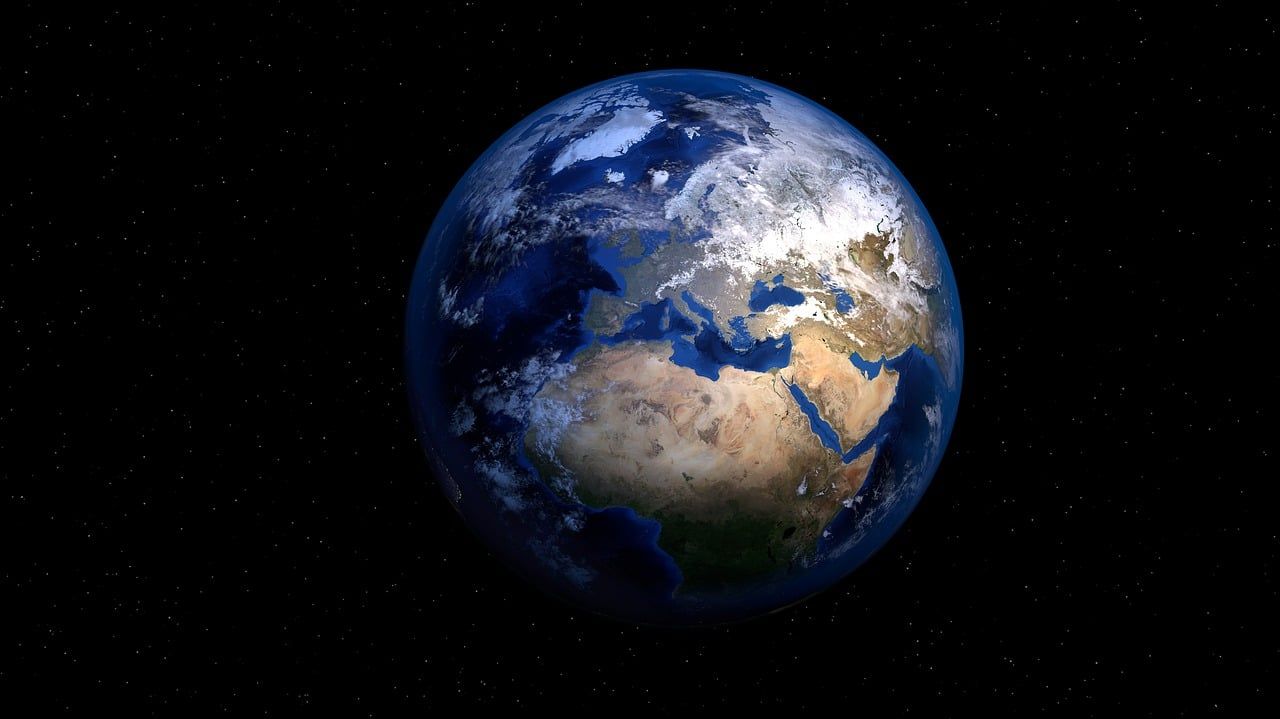Follow us on Google News (click on ☆)

Illustrative Image Pixabay
Contrary to the popular belief that Earth experienced extremely hot periods over the past two billion years, this research reveals that our planet has enjoyed a relatively stable and mild climate. This finding profoundly alters our understanding of the environment in which complex life evolved.
Researchers Dr. Terry Isson and doctoral student Sofia Rauzi from the University of Waikato employed innovative methods to study the history of Earth's surface temperatures. By analyzing over 30,000 data points from various types of rocks (shale, iron oxide, carbonate, silica, and phosphate), they have created a detailed map of climate variations on a geological timescale.
Their approach, which involved studying the oxygen isotopes found in different minerals, reconciled data from five distinct geochemical archives. This method revealed a consistent history of Earth's temperatures, challenging the notion of primordial oceans boiling with temperatures exceeding 140°F (60°C).
The results suggest instead that the early oceans were temperate, with temperatures around 50°F (10°C), starkly contrasting with previous theories about the environment prevailing before the emergence of terrestrial animals and plants. This discovery emphasizes the importance of clay formation processes in regulating the climate of ancient Earth and in maintaining conditions conducive to the evolution and diversification of life.
The study also highlights the close link between the evolution of plants, marine organisms that produce silica skeletons and shells, clay formation, and the global climate. These complex interactions played a crucial role in stabilizing Earth's climate, thereby facilitating the flourishing of life on our planet.
These findings, by revealing a more nuanced view of Earth's climate history, open new avenues for understanding how life has influenced and been influenced by the climate over eons. They underscore the need to continue research to refine our current climate models and better anticipate future climate changes.